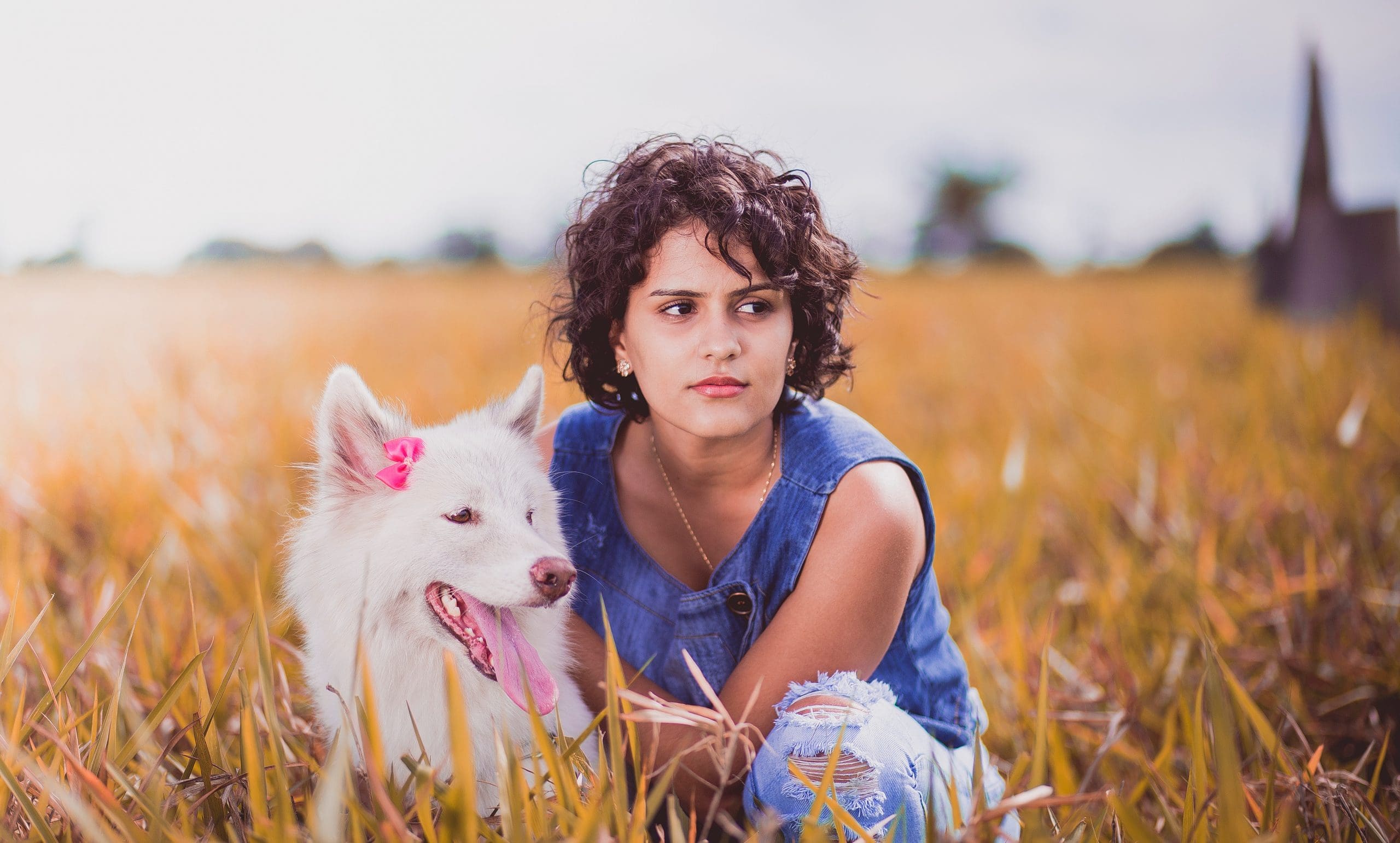 If you’re a dog owner, you may have experienced the unpleasant surprise of catching your furry friend in the act of eating their feces. It’s not a pretty sight, and it’s not a behavior we humans can easily understand. So, why do dogs eat their poop? Let’s delve into this puzzling behavior and explore the possible reasons behind it.
If you’re a dog owner, you may have experienced the unpleasant surprise of catching your furry friend in the act of eating their feces. It’s not a pretty sight, and it’s not a behavior we humans can easily understand. So, why do dogs eat their poop? Let’s delve into this puzzling behavior and explore the possible reasons behind it.
Instinctual Behavior
One possible explanation for this unappealing habit lies in dogs’ ancestral instincts. Back when dogs were wild animals, they had to scavenge for food to survive. In those challenging times, waste materials contained traces of undigested food, which dogs would consume to extract any remaining nutrients. This behavior served as a survival strategy, helping them make the most out of their limited resources.
Nutritional Deficiencies
Another reason behind coprophagia, the scientific term for eating feces, could be nutritional deficiencies. Dogs, just like humans, require a balanced diet to maintain good health. If their diet lacks specific essential nutrients, they may eat feces to compensate for those deficiencies. While this behavior might seem repulsive, it could be their attempt to obtain the missing nutrients from their waste.
Attention-seeking or Boredom
Sometimes, dogs engage in undesirable behaviors to get attention or alleviate boredom. If a dog feels neglected or lacks mental stimulation, they may resort to poop-eating to provoke a reaction from their owners. Dogs crave attention and interaction, and even negative attention can be rewarding for them. Therefore, it’s crucial to ensure your furry friend receives sufficient mental and physical exercise to prevent boredom-related behaviors.
How to Address the Issue
Now that we have a better understanding of why dogs eat their poop let’s discuss how to tackle this behavior if your four-legged companion is engaging in it.
1. Consult Your Veterinarian
If you notice your dog eating feces, it’s essential to consult your veterinarian. They can conduct a thorough examination and run necessary tests to rule out any underlying health conditions contributing to this behavior. Additionally, your vet can recommend dietary adjustments or supplements to address any nutritional deficiencies.
2. Maintain a Balanced Diet
Providing your dog with a well-balanced diet is crucial for their overall health and can help eliminate the urge to eat feces. Ensure their food contains all the necessary nutrients, and consider consulting a veterinary nutritionist if needed. Additionally, feeding your dog smaller, more frequent meals throughout the day can aid in proper digestion and reduce the chances of coprophagia.
3. Prevent Access to Feces
To break the poop-eating habit, it’s essential to prevent your dog’s access to feces. Be vigilant during walks, promptly clean up after your dog, and keep their living environment clean. Supervise your dog when outside and redirect their attention to toys or activities that engage them positively. By eliminating the opportunity to indulge in this behavior, you can discourage it over time.
While the act of dogs eating their poop may be baffling to us, understanding the possible reasons behind this behavior can help us address it effectively. Whether it stems from instinctual behavior, nutritional deficiencies, or a cry for attention, it’s essential to approach the issue with patience and empathy. By working with your veterinarian and implementing preventative measures, you can help your furry friend overcome this habit and ensure their well-being.
[/fusion_text]



